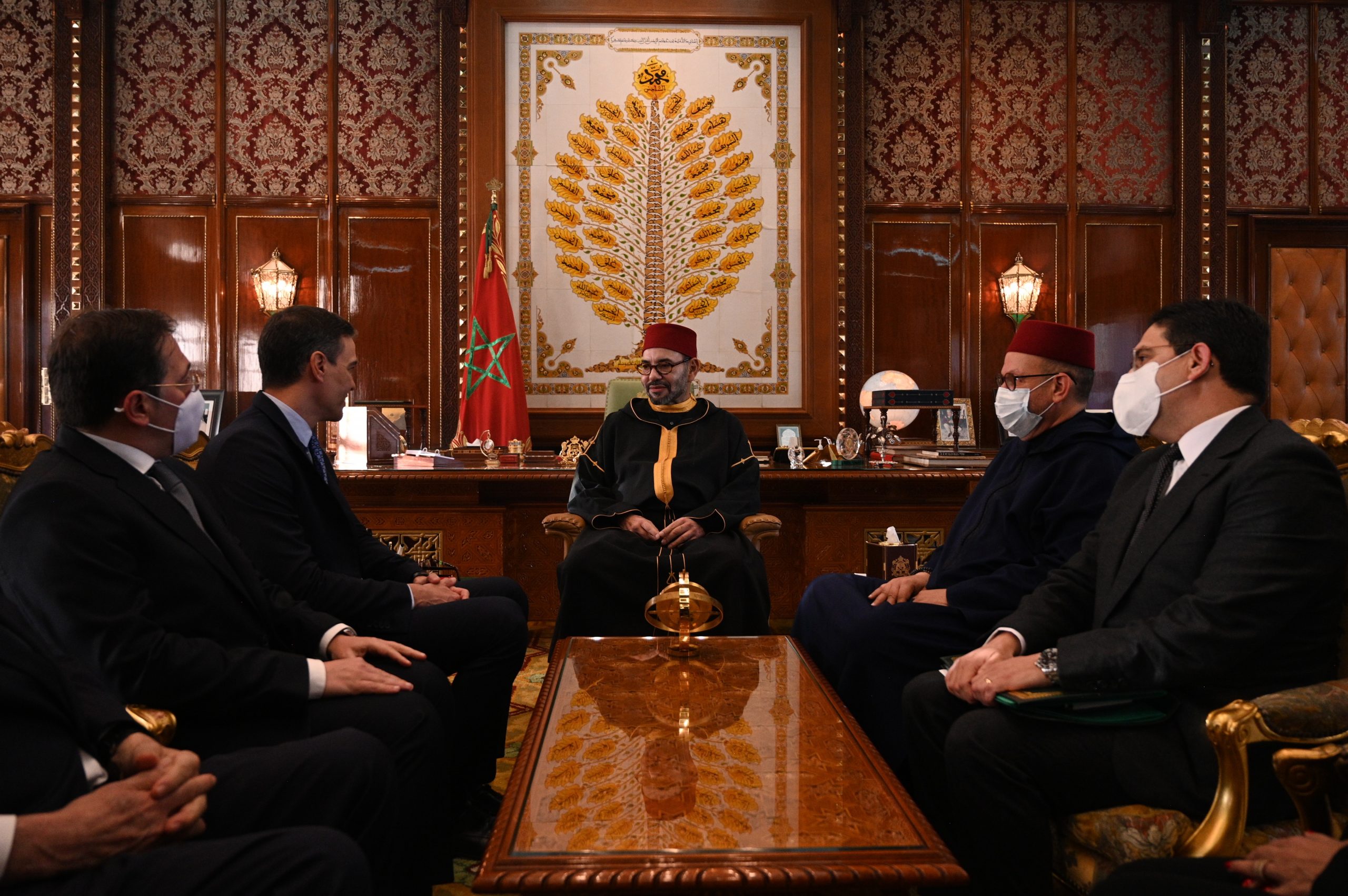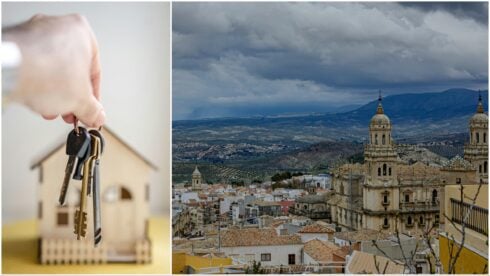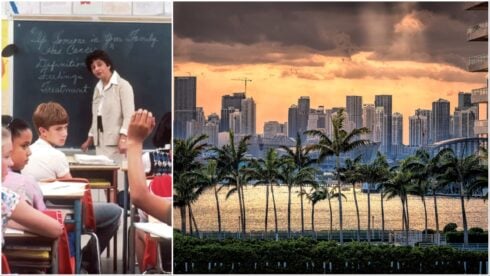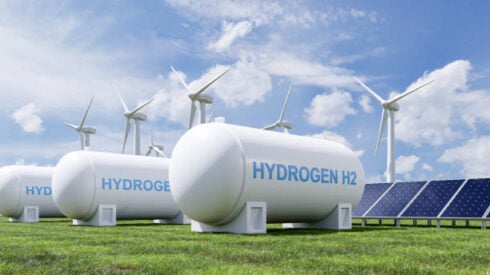SPAIN’S Prime Minister Pedro Sanchez visited Rabat on Thursday to meet with Moroccan King Mohammed VI in what was widely viewed as an attempt to bring an end to diplomatic tensions between the two nations.
“Today is an important day for Spain and Morocco because we initiate a new phase of bilateral relations,” Sanchez said after meeting with the monarch.
According to the Royal Palace in Morocco the pair “reiterated their willingness to usher a new phase, based on mutual respect, mutual trust, permanent consultation and frank and faithful cooperation.”
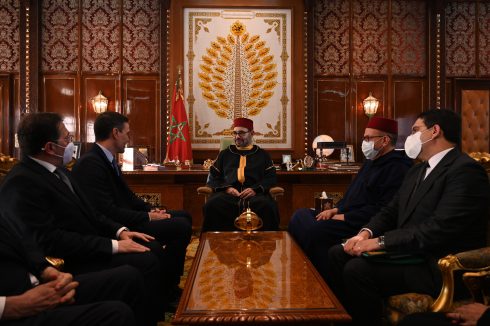
Sanchez then joined the King and his family for Iftar, the meal that breaks the day’s fast during the Muslim holy month of Ramadan.
Why have relations between Spain and Morocco strained?
At the root of the problem is the disputed territory known as the Western Sahara, an area on the northwest coast of Africa, between Algeria and Mauritania, that was annexed by Morocco in the 1970s after Spain’s colonial administration ended.
The Sahrawi people, many of whom have been displaced in refugee camps for decades, call for the formation of an independent state, a move backed by Algeria while Morocco insists on maintaining its sovereignty.
Spain has remained neutral in the matter.
However, relations between Spain and Morocco flared up last April after Spain took in Brahim Gali, the leader of the Polisario Front, the Western Sahara Resistance, who needed urgent treatment for Covid.
Gali was treated at a hospital in Madrid on the request of Algeria without informing Morocco, which responded by withdrawing its ambassador in Madrid.
Morocco was also deemed to retaliate by relaxing immigration controls at the borders it shares with the Spanish enclaves of Melilla and Ceuta, leading to more than 8,000 would-be migrants crossing over within weeks.
Relations had been strained until last month when Spain’s government suddenly and to the surprise of everyone changed its longstanding neutral stance over Western Sahara and backed Morocco’s plan
In a letter to King Mohammed, Sanchez backed Morocco’s plan to give more autonomy to Western Sahara as long as it remains unquestionably under Moroccan grip.
The Moroccan Royal Office issued a statement on Thursday saying Sanchez had “reaffirmed the position of Spain on the Sahara issue, considering the Moroccan autonomy initiative as the most serious, realistic and credible basis for resolving the dispute.”
The Royal Office added that the leaders “agreed in particular to implement concrete actions in the framework of a roadmap covering all areas of the partnership, integrating all issues of common interest.”
Repercussions with Algeria
As a result of Spain changing it’s stance of the Western Sahara, Algeria has recalled its ambassador to Spain.
Algeria condemned Spain’s “abrupt U-turn”, saying on Saturday that Spain had previously demonstrated neutrality in the long-running conflict for the land.
What’s in it for Spain?
The shift in Spain’s policy over the Western Sahara doesn’t play well at home with political opponents accusing Sanchez of having betrayed the Sahrawi people while getting nothing tangible in return from Morocco.
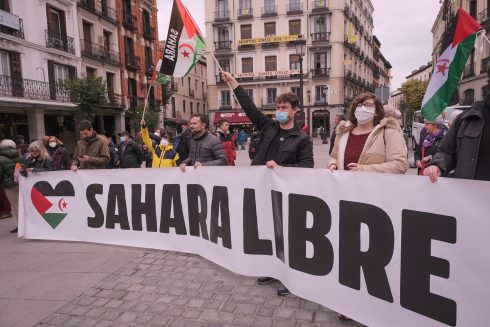
Spain’s Socialist Party on Thursday lost a parliamentary motion backed by all the other parties, including the junior member in the government coalition, condemning the tilt toward Rabat
So Sanchez has to show that the policy shift comes with immediate benefits.
Morocco has agreed to progressively open the borders at the enclaves of Ceuta and Melilla which had been closed since the start of the pandemic.
It will also mean the resumption of the ferry service across the Strait of Gibraltar.
Importantly, the dialogue is once again open between the nations, a critical development in the fight against radical jihadi groups.
They also agreed to work together on the demarcation of Atlantic sea borders in addition to airspace management as well as to reinforce cooperation on migration, economy, energy, industry and culture.
Morocco has announced that it will start this month importing gas using Spanish LNG terminals by reactivating an idled pipeline.
READ MORE:
- ‘Morocco has no greater ally within the EU than Spain’ but migration crisis is at breaking point, warns Sánchez
- EXPLAINER: Is the Spanish border with Morocco in crisis?
Click here to read more Politics News from The Olive Press.

